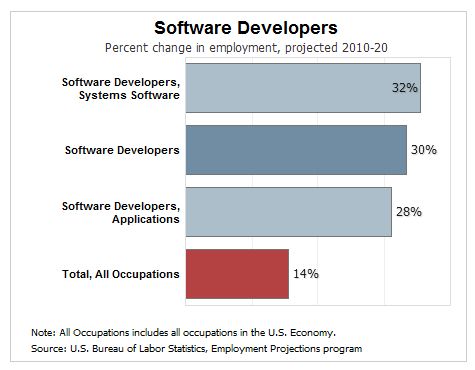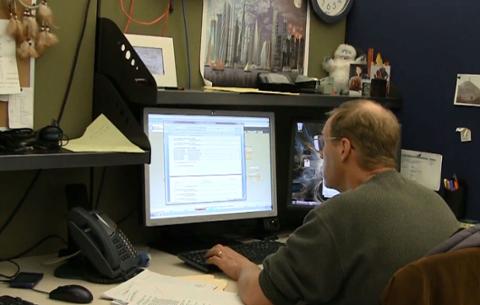Whether you're a beginner or a professional with 20 years of experience, most developers know the importance of making a good impression during an interview. Despite best intentions, however, some applicants say things that hurt their chances of landing an offer. To keep you from making an unfortunate slip of the tongue, here are some things you want to avoid saying during your next interview.
“I don’t like language X or framework Y.”
Disparaging a particular language, library or framework shows a lack of flexibility and a potential unwillingness to learn new technologies, explained Rudolf Olah, software development expert and tech career coach at NeverFriday. “This comment raises a red flag because it may limit the type or number of projects a developer can work on,” he noted. The goal is to be as flexible as possible, because you never know what kinds of projects or opportunities may materialize down the road.
“No one at my prior company cared about quality. I was the only one who wanted to fix bugs.”
Bad-mouthing a previous team in a job interview never makes you look good. Beyond that, this remark signals that a developer may be unable or unwilling to work collaboratively to come up with a solution to a critical issue. “The idea that no one in the entire company was concerned about code quality is unlikely,” explained Rolf Buchner, senior engineering manager for real estate brokerage Redfin. Developers who prefer to work in isolation often make this type of comment, he added. Not everyone agrees on what constitutes high-quality code. Rather than listen to you complain about the coding at your last job, hiring managers want you to describe how you helped boost quality and engineered consensus on your previous teams.
“The optimal (and only) way to solve this problem is to use a HashMap. Everything can be done with HashMap.”
HashMaps can be extremely useful, but you raise concerns when you suggest that any tool is a one-size-fits-all solution. Moreover, the best developers ask questions to define the requirements and constraints before walking the evaluator through their processes and possible solutions. “The last thing you want to do is make assumptions or recommend an approach that creates
technical debt,” Buchner said.
“I want to work on this project and then lead the next project.”
A huge red flag in an interview is when a developer immediately wants to jump ahead, either in projects or positions. While ambition is usually a positive quality, the hiring manager is usually filling a very specific role—not the role you want three years from now. Focus on what you can bring to this opportunity and how you can solve the company’s immediate needs.
“I would estimate the spacing between these two elements to be roughly…”
Do not say "around this much" or "approximately that much" unless you are specifically asked to approximate your answers to a technical question, advised Vikram Joshi, CTO and founder of Pulsd. Ask to use a calculator if the calculations are complex. “Even if you are interviewing for a front-end developer position, which is mostly about your artistic side, you still need to have a good grasp on the numbers,” he noted. “Nobody wants a webpage where alignment is off even by a few pixels.”
“I don’t do testing. Everyone knows a tester's job is to find bugs and improve quality.”
Displaying a “that's not my job” attitude will almost certainly cost you an offer. When it comes to software development, quality is everyone's responsibility.
“I don’t know.”
Never say “I don’t know…” in response to an interview question without immediately following up with “…but I’ll find out.” “Developers are expected to be problem-solvers, and must show their curiosity and demonstrate their problem-solving abilities and reasoning skills,” Olah advised.



